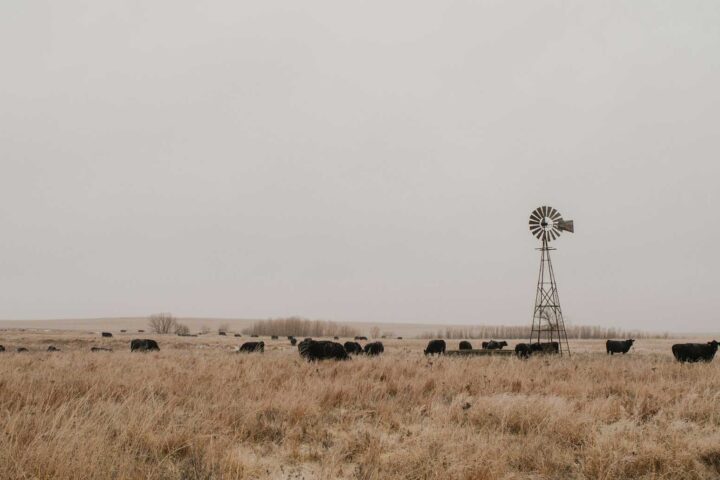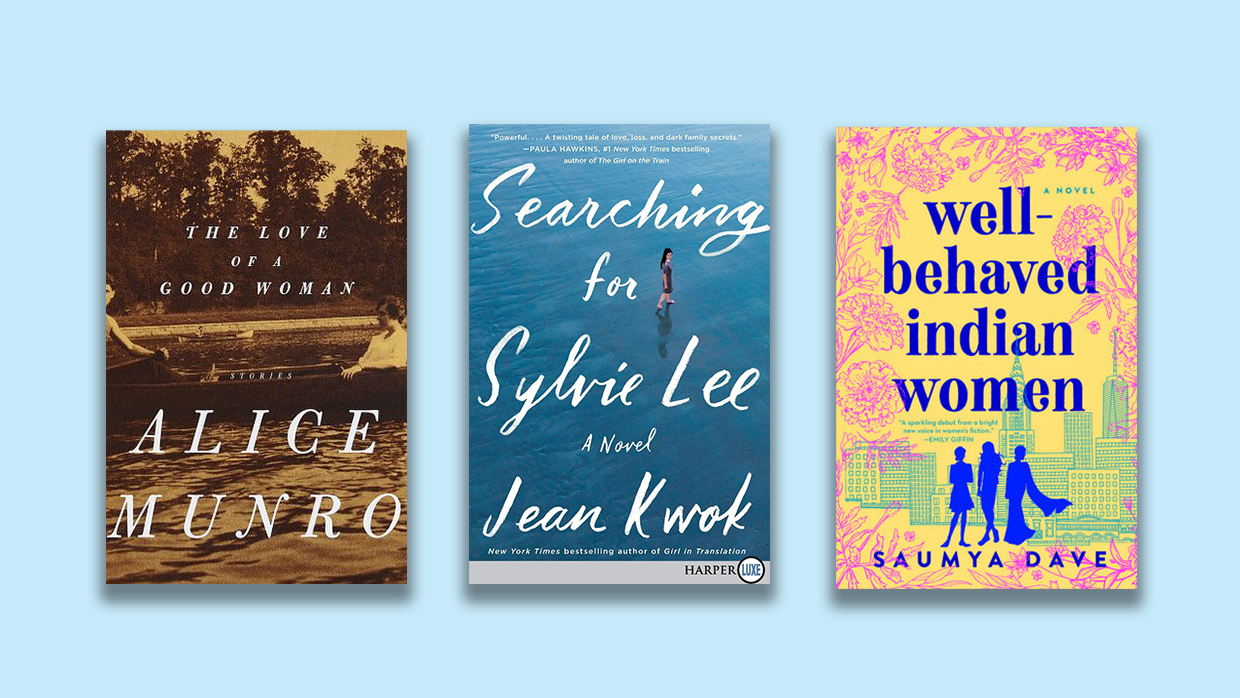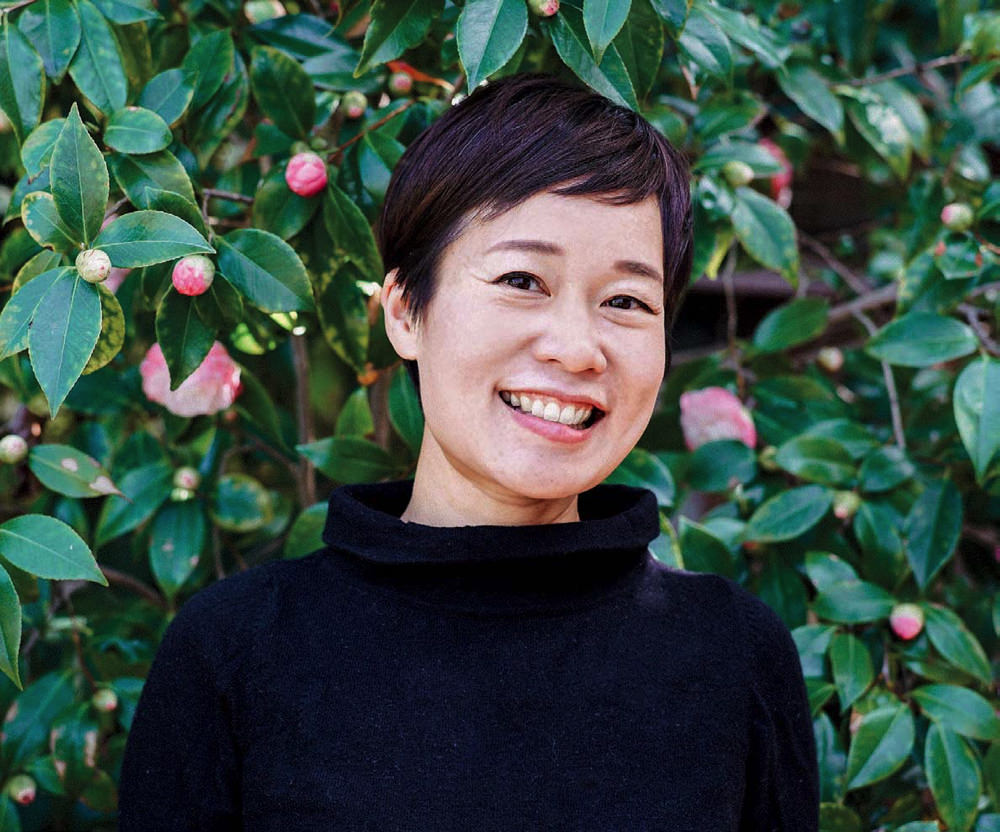We always ate at Chicken Annie’s.
It had a bar, with a pool table. The light hanging over it had the Budweiser Clydesdales running around it, and I felt a certain sense of ownership about that. After all, hadn’t my grandfather once delivered Budweiser? Didn’t I have a totally age-appropriate Anheuser-Busch collection that included a BudMan doll and a hinged Budweiser chest for my treasures to go with the Budweiser towel I carried to the pool? I believed he had once driven those Clydesdales, and because I absolutely did not want him to tell me otherwise, I never asked him if it was true.
My grandparents, all four of them, lived in twin towns, a matched set, close to the Missouri, Oklahoma and Arkansas borders. There are two fried chicken restaurants in those towns: Chicken Annie’s, and Chicken Mary’s. Sure, there were other restaurants—still are—but those were the only ones that mattered. When we visited, we ate at my Grandma’s—my mother’s mother—or at Chicken Annie’s. Chicken Mary’s was a distant legend, far on the other side of town.
Those towns were very much family towns. One of my great-uncles ran the car dealership. The other was a lawyer who had once been the mayor. My other grandmother—my dad’s mom, my Grandma D—worked at the bank, and was known and beloved by everyone for miles for her incredible fashion sense, and for never—not ever—wearing anything other than a dress or skirt, high heels, a full face of make-up and the most glamourous paste jewels imaginable. When we went to Chicken Annie’s, they knew everyone, and so did my cousins and my aunts and uncles.
“All of this to say: I loved Kansas; I hated Kansas. Kansas made me who I am…”
Nobody where I was from knew who I was except my teachers, and we moved often enough that I must have been pretty quickly forgotten. Which means I wanted—or I sure thought I wanted—that sense of belonging to a place, of having a history that couldn’t be denied. I understood that such a history could be demanding. I knew my cousins complained about everyone knowing who they were, and that nobody wanted to take over the car dealership and that there were arguments over who got the old place after my grandparents moved to town, and even more arguments as, one by one, the older generation died away.
But I envied those local cousins their connection to those twin towns. Part of me saw a romantic appeal in duty, in standing by your family and your home.
And yet: I left Kansas when I was 21, after thriving there in high school and college, and never lived there again. I haven’t lived in the same town as my parents in thirty years. My teenaged self wanted nothing, absolutely nothing, more than she wanted to, as Mae said in an early draft of The Chicken Sisters, “shake the dust of this place off her heels and never look back.” What would I even do in Kansas?
I went to a fancy law school in Chicago, then worked for a fancy law firm in Manhattan and then the Manhattan District Attorney’s Office. I left the law and pounded my way through various freelancing gigs until I talked myself into a job at the New York Times. Nothing was good enough for me if it wasn’t on a national stage, and I often hid the role Kansas played in my history. “I was born in Texas,” I would say. “I went to law school in Chicago.” Anything to avoid the inevitable Wizard of Oz jokes, or being told we “weren’t in Kansas anymore.”
All of this to say: I loved Kansas; I hated Kansas. Kansas made me who I am—and who I am is both a protest against some of the things Kansas is known for, like the supposed naivete of its citizens and their preference for conformity to impossible norms, and an embrace of the optimism, neighborliness and can-do spirit that settled the plains—while driving away the prior inhabitants. You can see the dichotomy here, right? Dorothy, John Brown, Brown v. Board of Education, Ted Lasso. So much to love. So much to flee.
So I made Mae, who wanted to leave, and Amanda, who wanted to stay, and then I helped them to each discover that the other one had a point all along.
As for me, I lived in Manhattan for over a decade, and I loved it there. And then we moved to a small town in rural New Hampshire, and I love it here. At some point, I began to see some similarities in the two extremes, because both offer challenges, and neither lets you ignore the ways that where you live shapes who you are and what you do. When I lived in New York, my groceries were limited by what I could carry. In my small town, they’re limited by what’s available at the country store—or by my willingness to drive half an hour to go somewhere else. Even ubiquitous delivery can’t mitigate the challenges of getting a sofa into a fifth-floor walk-up, or meeting the driver in town and transferring said sofa into the back of your truck because no one is willing to go up your dirt driveway in February.
What I love about Mae and Amanda—what makes them part of me—is that they’re actively trying to figure out which life will make them happy, and realizing, as everyone has to, that the answer is “neither”. It’s not where we live, or what we do, that makes us happy. It’s the bonds we create and nurture wherever we are, with the people we find there. We can, and should, try to shape our lives to allow us to find as much joy in them as possible, but it’s even more important to find the joy in the shape of our lives.



